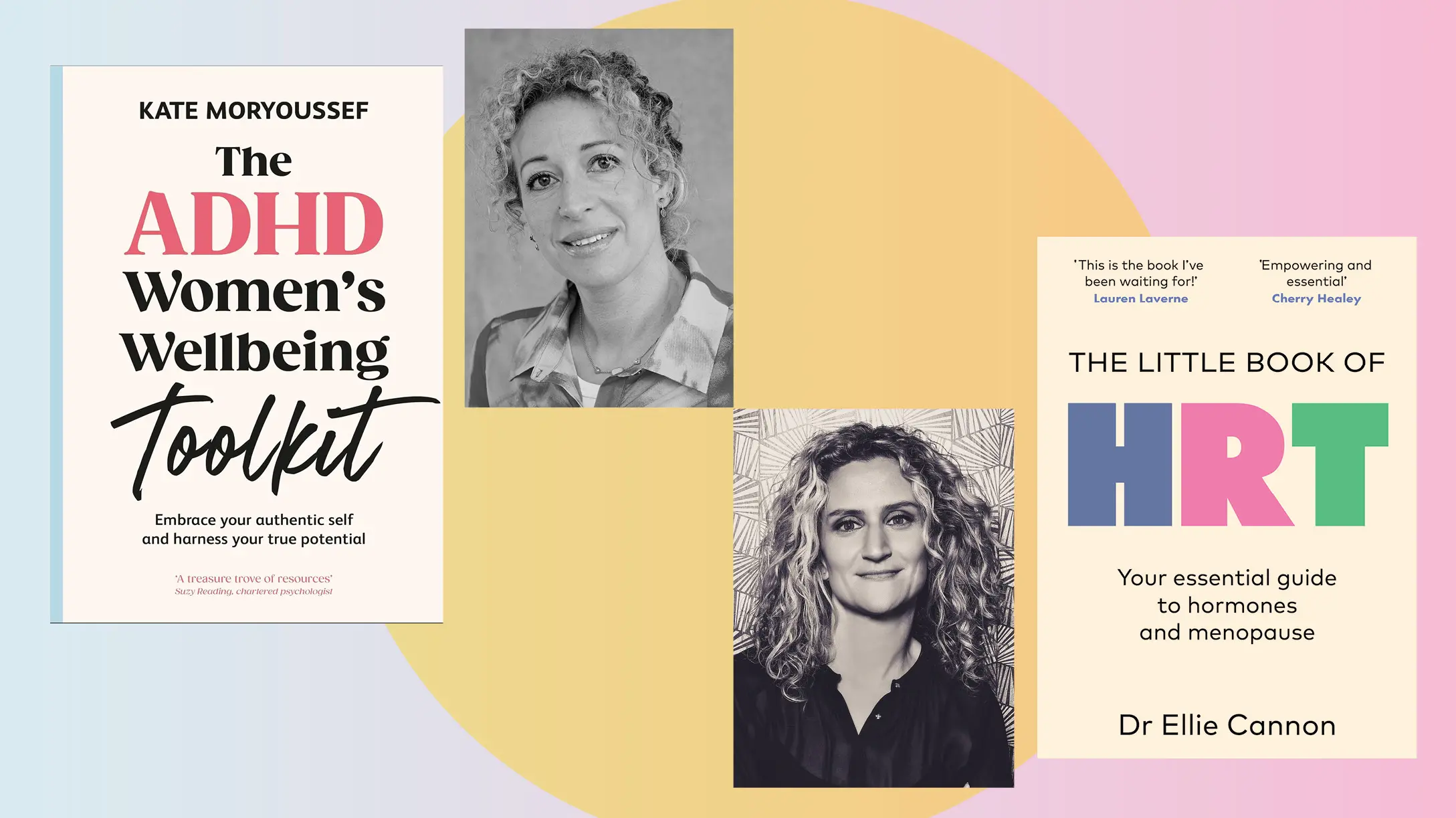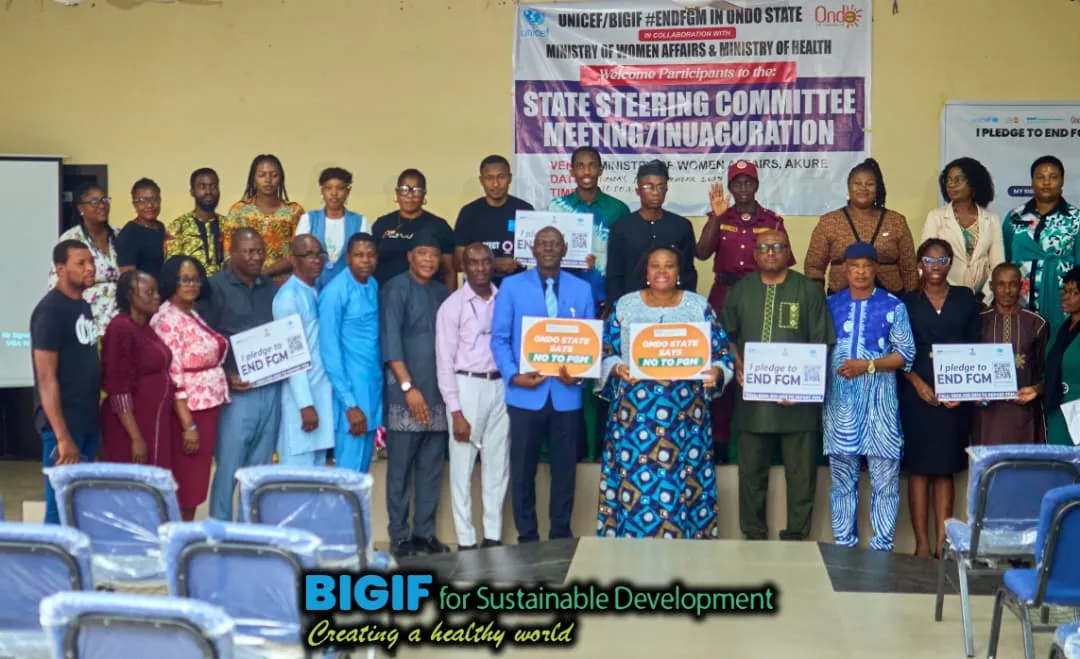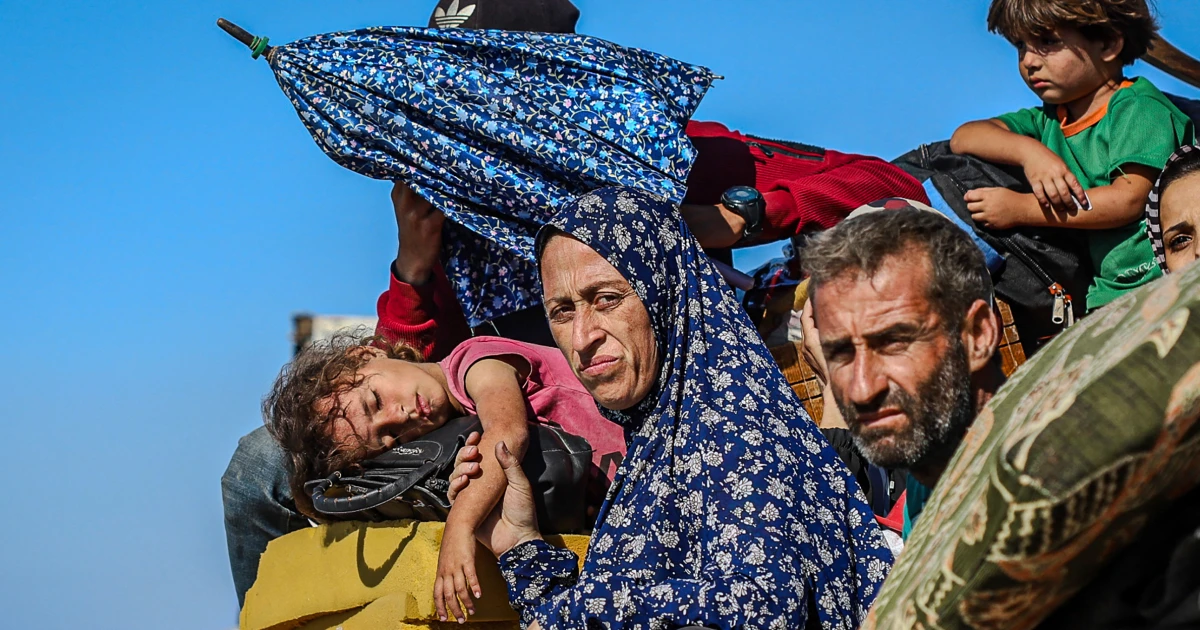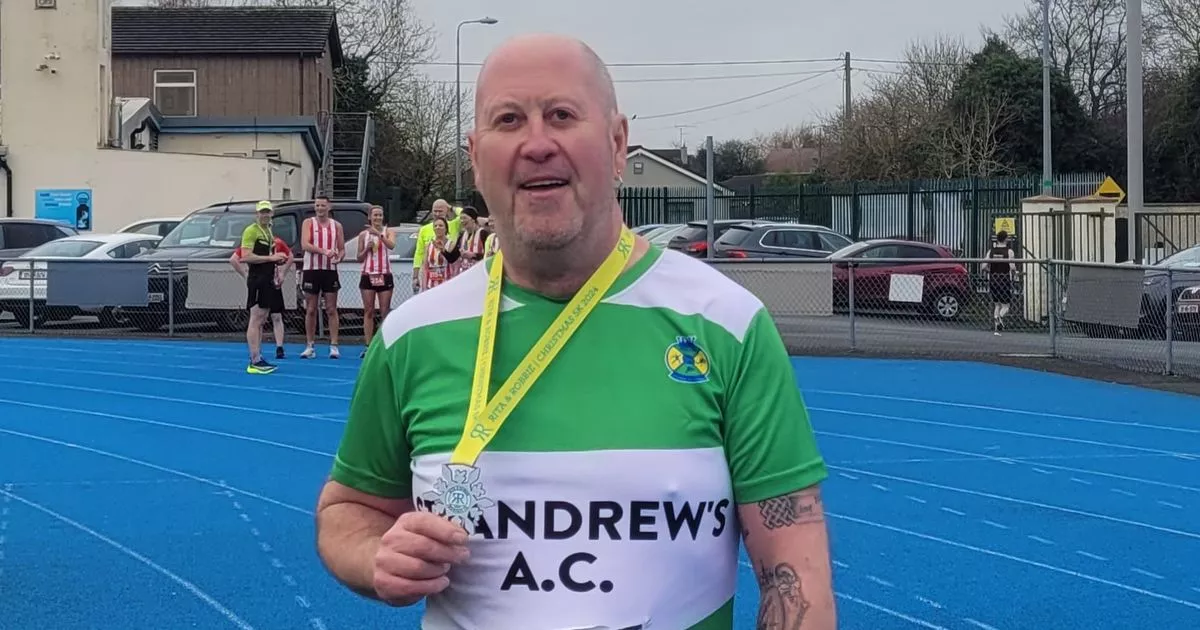By Gaby Koppel
Copyright thejc

There is a long history of women’s illnesses being minimised and trivialised, our pain dismissed as hysteria. Because medical norms have traditionally taken the male body as standard, female patterns of illness have often been uncharted territory, our ailments foundering on misdiagnosis and misunderstanding. Our evidence is even distrusted as if we are unreliable witnesses to our own health. I’ve experienced it myself. A consultant once told me we’d “have to start talking about perception of symptoms”, meaning I was imagining them. Until I worked out what was wrong with me and identified the gaps in his investigation. When you start from the mindset now referred to as “medical misogyny” then dial in the NHS funding crisis, it’s hardly surprising that so many of us look for help online. The internet seems full of answers, but of course the helpful content is hiding among reams of misinformation peddled by unqualified “influencers”. I was gripped by BBC Radio 4’s Marianna in Conspiracyland 2, about the death of 23-year-old Paloma Shemirani who refused chemotherapy for a highly treatable cancer, amid questions about pressure from her mother. With all that swirling about, many of us struggle to find solid, sensible and scientifically credible advice. My default is to put down the mouse and buy a book, as a far more reliable (though of course never guaranteed) way of staying safe. At least there’s a glimmer of hope that the publisher will have done some due diligence on the author. And what could be more reassuring than a couple of Jewish women with scientific heads, able to give it to us straight? Dr Ellie Cannon has become a familiar and reassuring presence on TV, radio shows and in newspapers, explaining scary stuff like Covid or weight loss jabs in simple, accessible terms. Now she’s brought out a book to guide women through the menopause, once a subject considered unmentionable. She tells me that ironically she wanted to write the book because nowadays there’s so much chat in the media about the “change of life”. ‘We’ve had this huge pendulum swing into the menopause and HRT that it’s become almost obsessional,’ she says. Even though the menopause has become the hot topic on every celebrity’s lips, Cannon believes that “there are still a lot of women who are not part of the big conversation. When we discuss HRT and the menopause with celebrities, actually they don’t feel included.” With television presenter Davina McCall trademarking the term “menopausing”, it signals to some women that the whole discussion has been taken over by a wealthy clique, commercialised and monetised beyond their reach. Cannon says her book is to “take it back” for ordinary women. Calling it The Little Book of HRT is quite telling in itself – because it assumes we know HRT stands for Hormone Replacement Therapy, the main medical treatment for menopausal symptoms. Maybe she’s right, it’s the rest we don’t know, and she fills the gaps with a handbook to the condition, as clear and precise as a Haynes motor car manual. It starts with the simplest and most basic fact – that “Menopause is when your periods stop” – and goes on to cover all the ramifications in considerable yet concise detail. It describes the process itself, explains the meaning of all the confusing terms, the different hormones at play and the endless list of unwelcome symptoms from hot flushes and sleeplessness to brain fog and emotional chaos. There’s a straightforward rundown of the key components of HRT and how they work, drilling down to dosage and including a chart listing all the different brand names. There’s a vital section about understanding risk and. despite what it says on the cover, she also explores doubts about and alternatives to hormone therapy. Says Cannon: “There are women who want to do other things like diet, exercise and supplements. The book is really for all of those women too.” Neurodivergence is a classic example of a medical field where the norms have been based on male behaviour patterns, leaving women to languish because their symptoms don’t fit the mould. Kate Moryoussef’s brothers were diagnosed as having Attention Deficit Hyperactivity Disorder (ADHD) in their childhood, but she was 40 before she realised she also had the hereditary condition. Whereas boys with ADHD tend to be restless with high energy levels, talking loudly and acting impulsively, girls often internalise their feelings and as a result can go under the radar. Moryoussef says containing frenetic brain activity then overcompensating for lack of executive function can lead to “anxiety, difficulty with sleep, skin picking, nail biting, being very fidgety, hair twirling, it can show up in perfectionism and people pleasing, trying to fit in, while trying to mask who you really are.” As a child she fitted the pattern. “I was a girl who was quiet and internalised, very daydreamy, and I had to be quite easy for my parents, who were dealing with pretty challenging behaviour from my brothers,” she says. All the while she was struggling to concentrate, process and regulate her thoughts enough to deal with schoolwork. “I just thought was me. I thought it was a character defect. I thought there was just something wrong with me.” It was only when Moryoussef took her own daughter for specialist help, that she realised there was an explanation for her own internal restlessness. Getting confirmation that she and her daughter both had the condition was life-changing. But rather than bemoan the lost years of struggle, Moryoussef started reaching out to others. “The women I was speaking to were also probably neurodivergent, but we didn’t have any of the language. I didn’t have enough information. I decided I needed to find this information, not only for myself, but other women in this community.” Her solution was to start a podcast, and the response was immense. “I was speaking to women who felt easily overwhelmed, who were trying to juggle everything, who were ambitious but unable to reach their potential. They were burnt out, exhausted and depleted, many of them suffering hormonal, physical and mental health conditions. “It’s been three and a half years. I’ve had probably about 300 different guests, and they range from professors, psychiatrists, doctors, nutritionists, hormone specialists, and then non-medical people as well, including coaches and authors. So I’ve definitely opened up a space, I believe, for women to get curious, ask the questions, listen to the conversations, see how they fit into this space and how they can help themselves.” Three million downloads and two award nominations later she’s launched a book The ADHD Women’s Wellbeing Toolkit, to reach an even wider audience. Moryoussef isn’t scientifically trained. With a background as a PR, she’s now a wellbeing and lifestyle coach specialising in ADHD. But she’s done the homework talking to the experts featured on her podcast, and I suspect many women will get the thrill of recognition as they go through the pages of her book. She says knowledge has been empowering and is keen to share it. “My book says understand, be aware, make different choices. This is not about victimhood, it’s about stepping up, finally taking control of your own life and getting that help.” The ADHD Women’s Wellbeing Toolkit by Kate Moryoussef is published by DK Red Dr Ellie Cannon’s book The Little Book of HRT: Your Essential Guide to Hormones and Menopause is published by Bloomsbury Green Tree To get more out of JC features, sign up to Karen Glaser’s weekly Life newsletter here: thejc.com/newsletters



